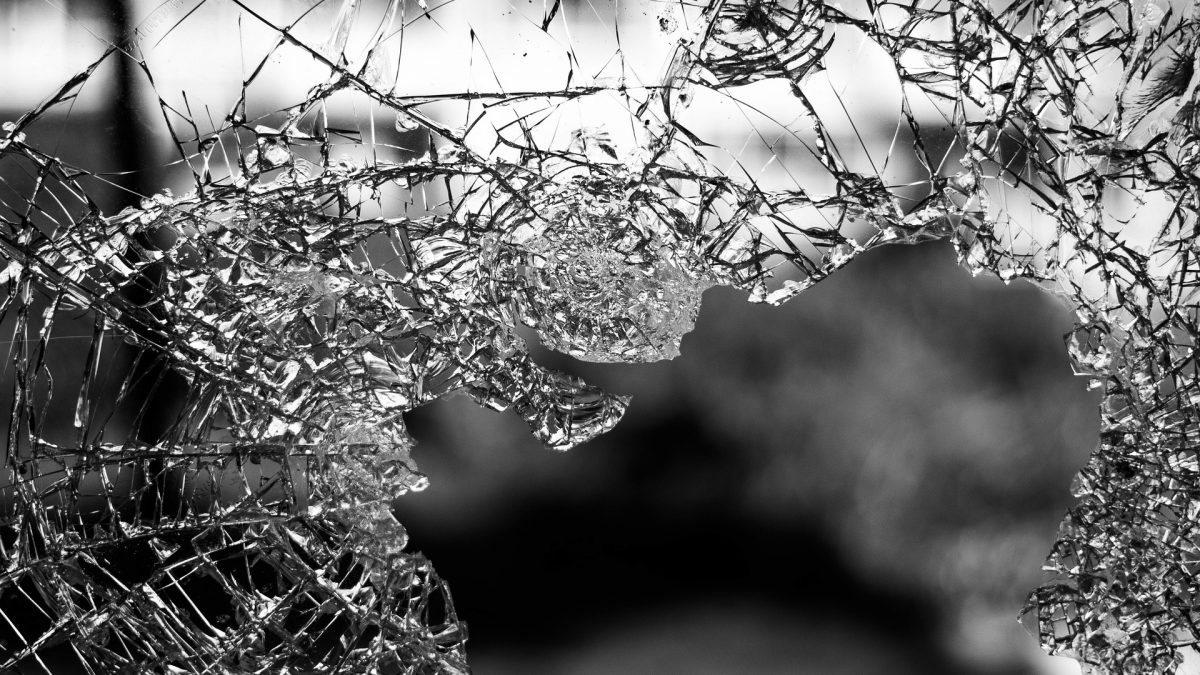
Nationality and Borders Act and the Legal Implications of the Rwanda Asylum Partnership
September 7, 2022
The Future Lawyer Weekly Briefing- w/c 13th September
September 11, 2022Article by Jessica Williamson
Years of abuse of the Uyghur Muslims by the Chinese government has culminated in a damning new report, where compelling evidence of crimes against humanity has been found.
What is the new report?
On 31 August 2022, Michelle Bachelet, the UN high commissioner for human rights, published a long-awaited, damning report exposing human rights violations against Uyghur Muslims in the north-west Chinese province of Xinjiang. Prominent in the report were allegations of women being raped, detainees being forced to take medication against their will, and widespread arbitrary detention. Moreover, the report took issue with China’s ‘anti-extremism’ doctrine, criticising it as an instrument of blatant prejudice. Under its rules, acts in no way threatening to national security, such as owning a social media account or even having a beard, have been categorised as ‘extremism’. It also disclosed the gross infringement of reproductive rights, noting that Xinjiang’s rate of sterilisation was 243 procedures for every 100,000 inhabitants, compared with a national average of 32, giving the lie to Beijing’s claims of equitable and just treatment for the residents of the province.
Background
The Uyghurs are the largest ethnic minority group in China’s north-western province of Xinjiang. The exact starting date of the Chinese government’s abuse of them is unknown; however, what is certain is that, since 2017, China has detained more than a million of them against their will. Hundreds of thousands of Uyghurs and other ethnic minorities have been sentenced to prison terms in ‘laogai’, or re-education camps. China has consistently denied all allegations of human rights abuses.
Reactions
The Chinese government was inevitably reluctant to see the abuses brought to light. In July, documents that were anonymously leaked revealed that China was directly lobbying for the report not to be released. It is thus unsurprising that Beijing’s official response was to condemn the findings as slanderous fabrications. Unable to deny the mass internment, for which empirical evidence is available, Beijing has taken to attacking the allegations of human rights abuses and instead has insisted, rather implausibly, that the Uyghurs are receiving ‘humane management and care’ at the camps whose existence they can no longer disavow.
Members of the Uyghur community, by contrast, have largely welcomed the findings. They have been lauded for the way they grant voiceless victims a voice in the international arena, drawing urgent attention to abuses that have been going on for so long that they threaten to soon be seen as the norm. However, many human rights activists have also insisted that the report, while a useful point of departure, cannot stand alone as a hollow gesture; it must be accompanied by action, says Zumrat Dawut, for it to carry sufficient meaning.
More important, though, is other countries’ reactions to the report. Britain (which has previously, along with the USA and the Netherlands, condemned the abuse as genocide) has been unhesitating in its condemnation of China. New Prime Minister Liz Truss has strengthened sanctions on senior Chinese government officials and announced measures to sanction businesses with affiliations to the UK who are complicit in the abuse. Other Western countries have followed suit, promising to cooperate internationally to put an end to the abuse.
Nonetheless, it still looks as if this supposedly international effort will achieve only half-hearted participation, with several countries anxious to appease China. Iran, for instance, has invariably remained silent apropos of the abuses because, even though the Islamic country has elsewhere championed the freedom of repressed Muslims, Beijing’s economic ties to Tehran are too potent for Iran to risk severing them. Likewise, several African countries, among them Nigeria and Djibouti, are largely economically dependent on China; they cannot afford to join hands with Western powers in opposition to what China does within its own borders, especially when China is so fiscally munificent beyond them.
What are the implications?
Since 2017, rumours of gross violations of human dignity in Xinjiang have circulated around the world, provoking shock and outrage, but never, as a result of the indeterminacy of these rumours, action. It is hoped that the UN report, granting these speculations official legitimacy, will change this.
However, there are a few hurdles to punishing the abuses as crimes against humanity, let alone comprehensive international action. One is posed by China’s aforementioned geopolitical dominance, which necessarily impedes full international cooperation in opposition to China. The report, comprehensive though it was, was only official confirmation of what was hitherto an open secret and so it is unlikely to be the catalyst for other nations switching allegiance from China to the West.
Another barrier that must be overcome is posed by the idea of cultural relativism. Crimes against humanity have been notoriously difficult to officially punish and prosecute, as a result of officials of the UN (which is, after all, an organisation representative of all countries and cultures) being wary of abusing their power by condemning practices that have been of historical significance to a nation. For instance, female genital mutilation (FGM) and the Hindu practice of sati were for years above official condemnation, in spite of the gross violation of the female body (analogous to that we are seeing in Xinjiang) they entailed. However, there has in recent years been a shift away from such fears, so it is hoped that there shall be no barrier to recognising Uyghur abuse as the crimes that they are.
The UN’s decision to publicise their findings has now opened several legal avenues for prosecuting these crimes. For instance, Amnesty International has proposed that the UN Human Rights Council should set up an independent international mechanism to investigate the crimes under international law, which would entail the prosecution of responsible individuals. There is also pressure on the UN to go further and denounce the crimes as genocide, which would facilitate the creation of an International Criminal Court (ICC) tribunal.
Ultimately, for now, the report has sent out an unequivocal signal that the UN, backed by numerous Western powers, will not tolerate such degrading and dehumanising treatment. Further steps are undecided but, with the attention generated by the report, are demanded by more countries, human rights groups and individuals than ever before.





